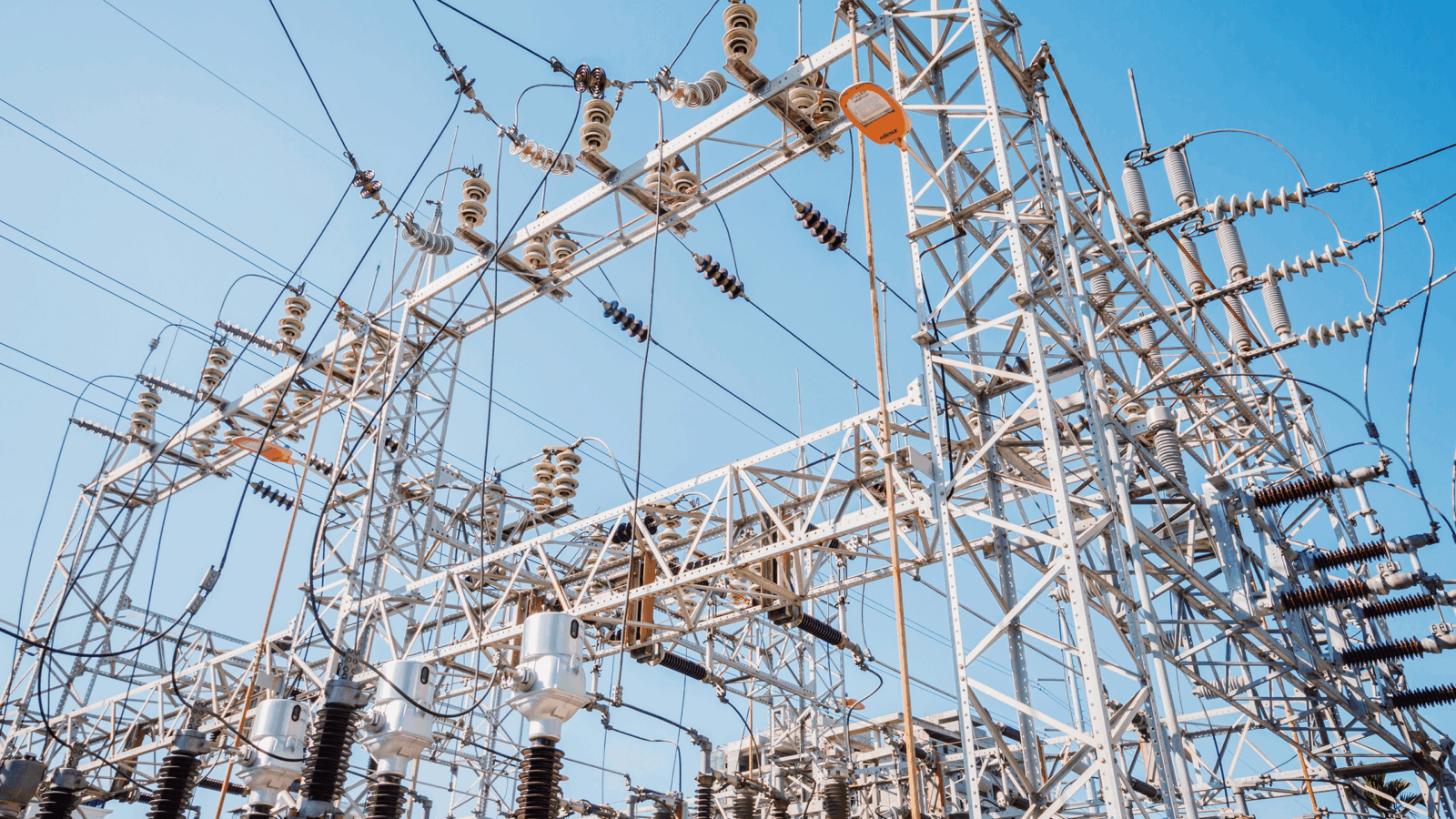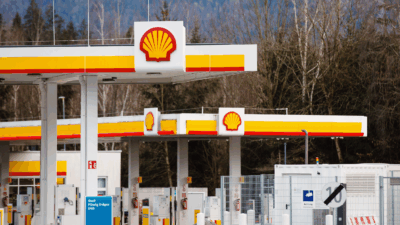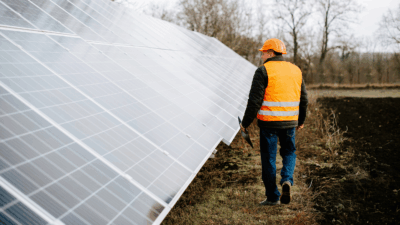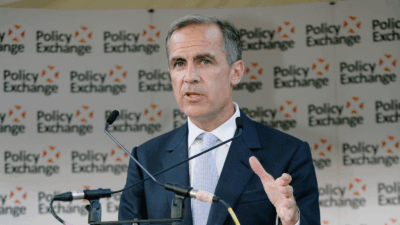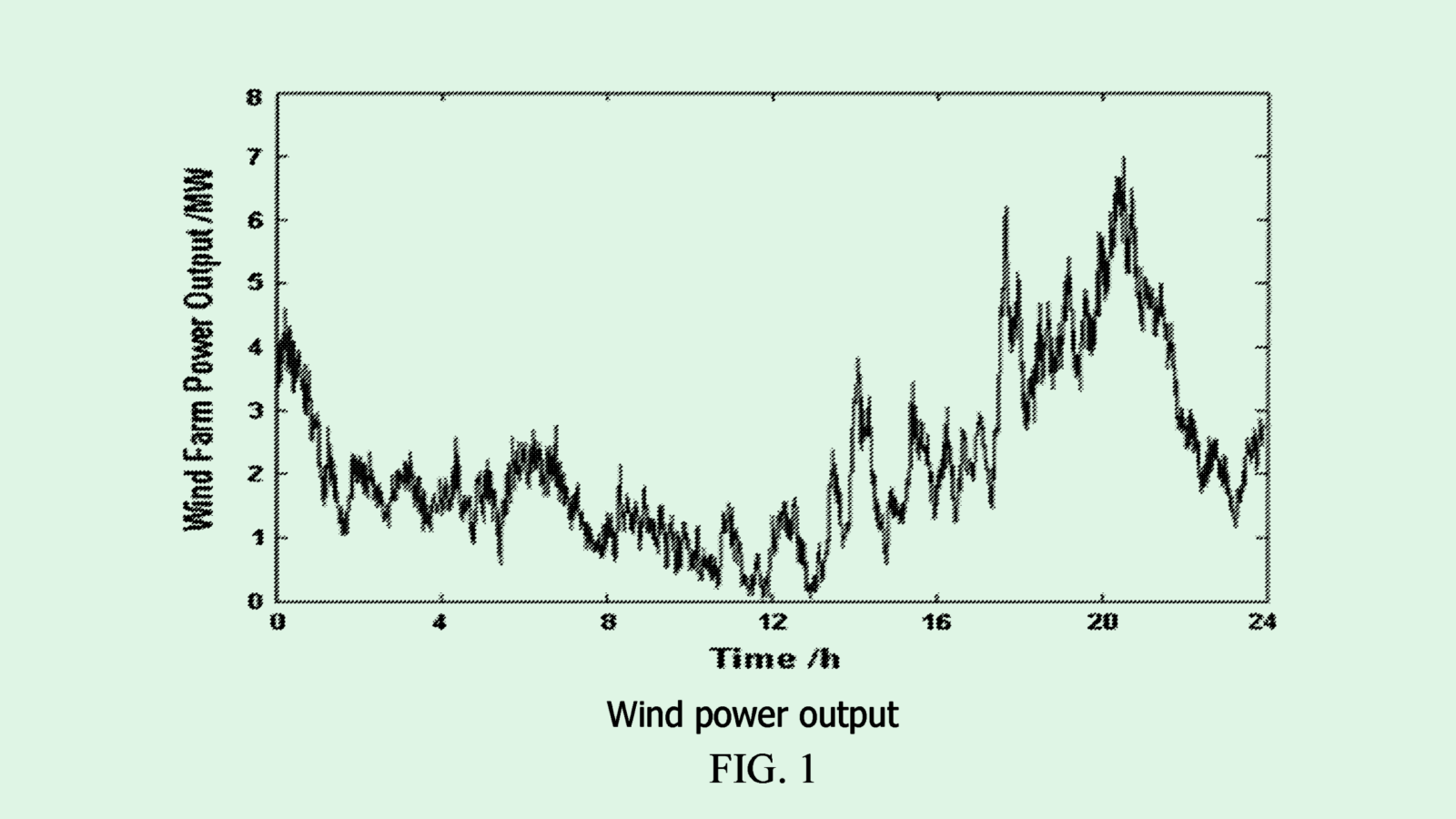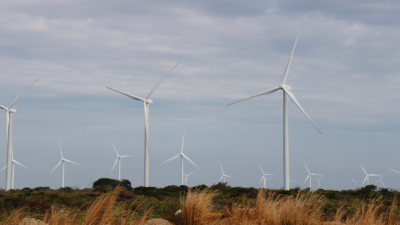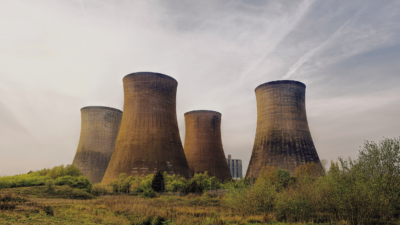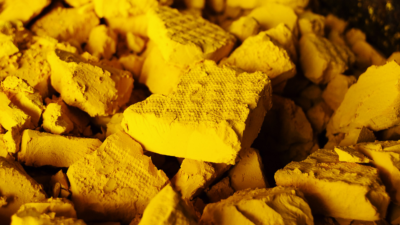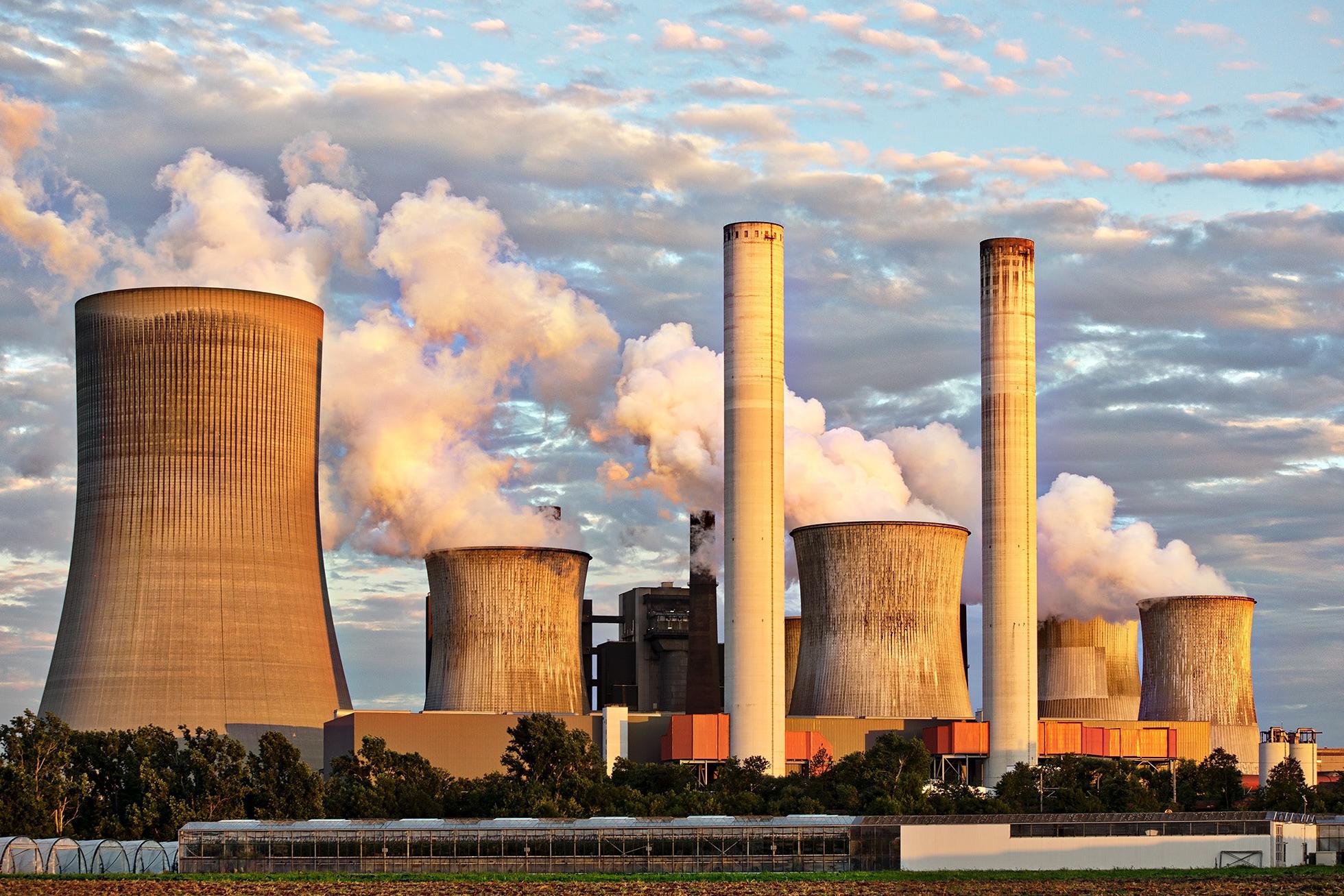
Sign up for smart news, insights, and analysis on the biggest financial stories of the day.
The UK is making a big bet that smaller is better, at least when it comes to nuclear reactors. Critics aren’t certain how scalable that is.
The nation announced on Tuesday the creation of Great British Nuclear (GBN), a new body to foster development of nuclear power production with a £157 million ($206 million) awards pot for companies that want to vie for contracts to make small modular reactors (SMRs), which will supposedly produce cheaper energy than their larger counterparts. However, experts told The Daily Upside that SMRs are far from an economic slam-dunk.
Dream Small
About 15% of the UK’s energy comes from nuclear plants, and Energy Minister Grant Shapps told the Financial Times he wants to spark a “renaissance” in British nuclear power — so expect more Michelangelesque frescos on cooling towers.
Unfortunately, SMRs are something of an unknown quantity, and it’s uncertain whether they’d be able to provide the cheap energy that the UK government dreams of:
- Two UK energy policy experts told The Daily Upside it will be difficult for SMRs to achieve the scale they’d need to keep the cost of their output down. “Reactors have got big looking for scale economies, so it’s a bit strange to say ‘we’ll make them cheaper by making them bigger,’ then ‘we’ll make them cheaper by making them smaller,’” said Steve Thomas, an emeritus professor at the University of Greenwich.
- Both experts added that while some designs for SMRs are basically scaled-down versions of existing reactors, many are pretty theoretical and would therefore need approval from regulators. “Understanding the operational risks would be crucial to their clearance and would require significant investment to attain,” said Alex Walker, a researcher from the Centre for Environmental Policy at Imperial College London.
A third expert, Professor Jim Watson of University College London, was slightly more optimistic, saying that at best SMRs might start to scale in the 2030s, but he urged “skepticism” towards claims that energy would be competitively priced. “The history of nuclear power suggests that costs may turn out to be higher than initial expectations,” he said.
Flat-Pack: Part of the idea of how to make SMRs cheaper than their big brothers is the ‘m’ in the SMR acronym — i.e. manufacture as much as you can in a factory rather than building on-site. But Thomas says SMRs haven’t focused enough on the ‘s’’ to make this economically viable. “A lot of small modular reactors are not very small,” he said, adding: “You have in your mind something like an IKEA sofa […] that’s not realistic.”
